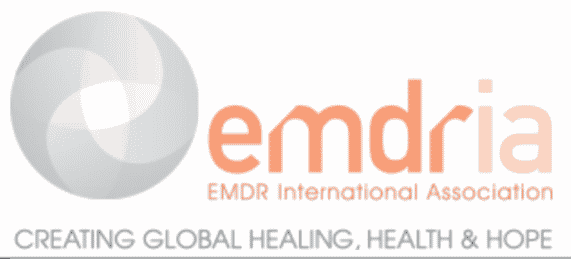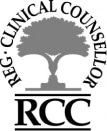Online Trauma Counselling And EMDR Therapy in Vancouver and Across Canada
Online trauma counselling is not only possible, but with EMDR it is now becoming the number one online trauma therapy.
People often think of trauma as having to do just with life and death types of events. While this is the most recognized and studied type of trauma (often called Post-traumatic Stress Disorder), there is also trauma that is relatively less intense, but still causes a lot of worry, rumination, stress, and avoidance of uncomfortable reminders of the past event or situation.
Sometimes people re-experience their past when they felt powerless and had intense needs that were not met or were ignored. This feeling of helplessness and the intense emotions that go along with it can imprint into a type of memory that is more connected with the body and non-verbal unconscious memory. This type of memory tends to last and the reminders keep on coming up unless there is emotional processing to help work it out. Because these sort of memories are imprinted deeply and activate so automatically, it requires a very special type of emotional processing to encourage healing.
Sometimes those who have experienced trauma in the past can develop what is known as “core shame” and can also be more sensitive to experiencing feelings of guilt in response to current events and internalizing others’ accusations (or perceived accusations). When a person experiences chronic shame, it usually is not connected with a specific present event, but is a result of a pervasive background sense felt all the time.
While guilt can be adaptive in proportion to an event for motivating social compliance to norms and for cohesion, shame is usually about the person being bad. This is different from guilt, which is about the behaviour being bad. So, shame is feeling bad about oneself as a person with no possibility of reparation, whereas guilt is experienced as remorse while still feeling connected and loved as a person with the possibility of reconnection.
Self-esteem and individuation of self from the ‘internalized other’ during early experiences that formed a pattern of core shame or a predisposition and sensitization to feelings of guilt are likely part of the counselling for shame and guilt process. This process may include experientially learning:
- How the brain and mind work so that you can better understand why you feel and behave the way you do as it relates to the inner reactions of shame and guilt that you feel.
- What stress is and how to best manage it so you can maintain some ‘emotional balance’ during the waves of guilt and undercurrent of shame.
- How to identify hidden thoughts, feelings, and beliefs apart from those that were internalized during development that have led to maladaptive guilt and core shame. As with many ‘presenting concerns’, shame and guilt are tied with other feelings and emotions such as anger and sadness.
- How to form new, more adaptive and constructive beliefs about yourself, others, and the world as these inform the automatic interpretations and expectations that you have.
- During counselling for shame and guilt you will learn to develop more constructive and harmonious ways of communicating and relating with others (and self) with a focus on respecting your and their emotional boundaries and fostering self-agency and autonomy to promote greater connection and validation. Because anger and sadness are very much intertwined with shame and guilt, there is a focus on constructive expression.
- How to discover, understand, and manage the different types and layers of emotions that may be underlying ‘guilt’ and ‘shame’ and the underlying needs for safety and connection that are associated with guilt and shame.
- Gain new thinking tools and problem-solving techniques to better deal with life’s challenges to give you greater self-agency and autonomy that also helps with managing or mitigating guilt and shame when it becomes maladaptive and not commensurate with the present situation.
- Learn helpful and practical principles to better approach challenges in life with greater peace of mind and success.
Using a synthesis of therapies in online trauma counselling appointments – but primarily Eye Movement Desensitization & Reprocessing (EMDR Therapy) – such as Emotion-Focused Therapy, Cognitive Behavioural Therapy, and a Psychodynamic Action-Based Therapy, great care is taken in helping to integrate and resolve the persistent shadows of yesterday’s misfortunes. While trauma tends to ‘shrink the world,’ you will expand your possibilities of action, growth and relationship with self, others, and the world









